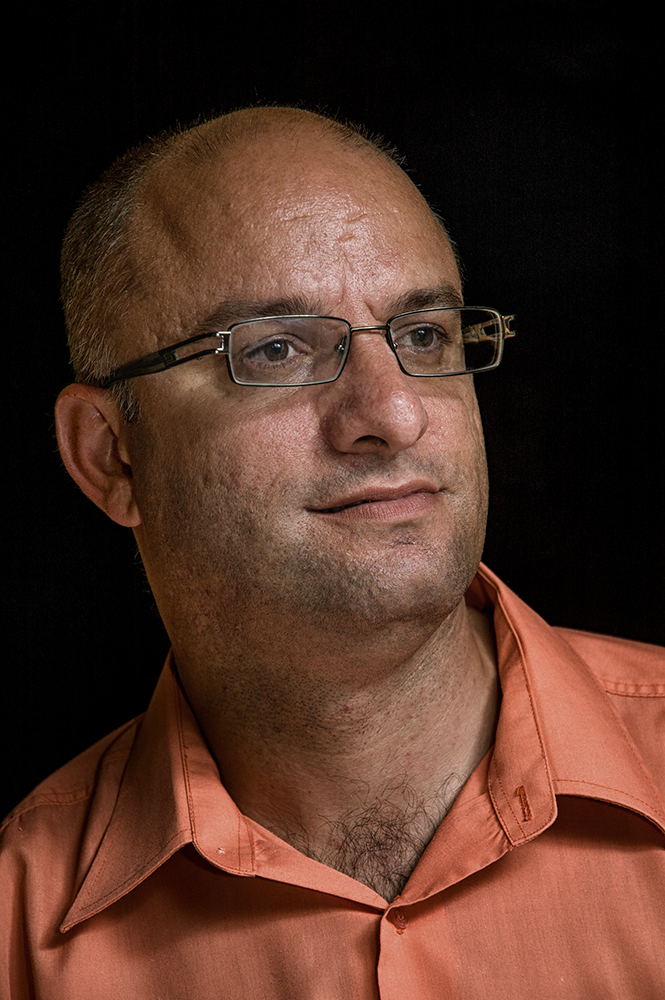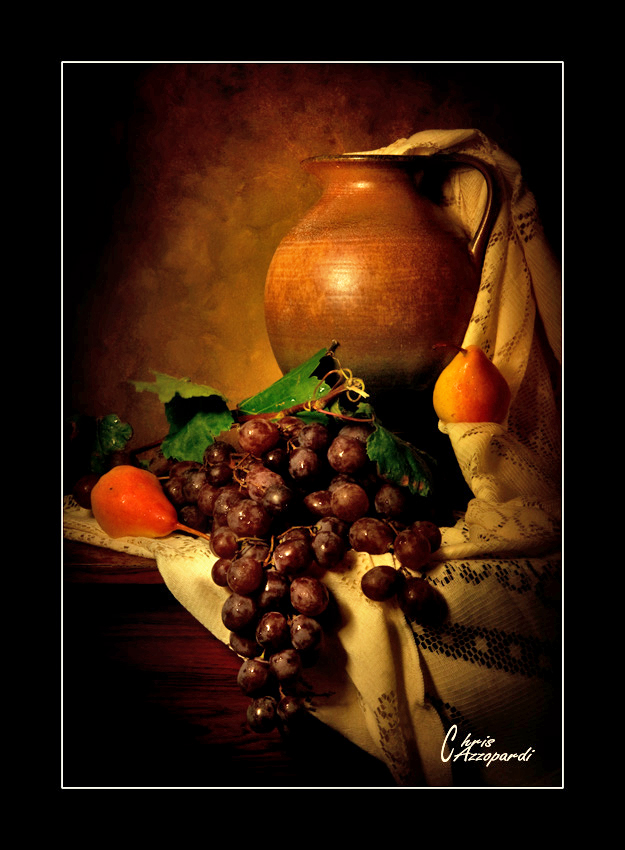First of all let me welcome Christopher Azzopardi, a photographer I immediately had a liking too when I met some years ago at the Medival Mdina event. When we first met, I did not know at the time that Chris was an photographer who had won several international competitions. He showed a very humble attitude when speaking with me. I visited his website only after I had got his business card through this exchange, and I must say I was impressed with the tonality of his portraits and their drama.
Chris is married and a father of a now teenage girl, loves art, photography and bonzai. Recently Chris has now also began exploring the art of baking and decorating cakes! Chris has studies art in Italy and in 2011/2012 was also asked by the Society of Wedding and Portrait photographers in the UK to give master classes in London. Chris has won numerous international competitions, which I will not be listing here (http://www.christazzopardi.com/) and is currently teaching art and graphical communication at Savio College and photography at Art Academy. Chris has been very helpful in immediately accepting my invitation for this interview.
So let's get started...
So Chris we wanted to know, how did you get into photography? What sparked your interest in this artistic medium?
I started taking photos in 2004. Originally, my aim was to photograph my daughter who at that time was a baby. Soon I saw great resemblance between photography and painting. In no time I got hooked to this profession.
You describe your style as inspired by the artists of the Renaissance and the baroque era - how do you recon that your artistic studies influenced your photographic vision?
I started my career as a painter and sculptor. I really appreciate how the Renaissance and Baroque artists approached their art work. In their work they glorified the subjects that they depicted. They did this through careful use of composition and lighting.
What books / resources did you find more useful at the beginning of your photographic career that helped you prepare for today?
These are some of the books that I’ve read about photography when I was a beginner. John Hedgecoe – The New Book of Photography, John Hedgecoe – The New Manual of Photography, Tom Ang – Digital Photographer's handbook, Lisa Jane & Rick Staudt – How to Photograph children and magazines on photography.
We all agree that photography is not about equipment, but well professional equipment helps. What is currently in your photography bag (flashes, triggers, tripods, other useful accessories)? Do you have different setups for different occasions or do you always shot with the Nikon D4 and the 24-70 f2.8?
I started with a digital compact, then as soon as I realized that I got hooked to this profession I bought my first DSLR. At that time it was Nikon D70. In 2009 I bought Nikon D90 and 4 years ago I bought Nikon D4. I bought the D4 because I wanted to shoot in low light without using flash. Currently, I have Nikon D4, Nikkor 24-70mm F/2.8, Nikkor 70 – 200mm F/2.8, Nikkor 105mm F/2.8 macro lens, Nikkor 80-40mmF/5.6-6.4, Sigma 12-24mm F3.5, Nikon SB900 Flashgun, Yongnuo YN560 – III Flashgun, Manfrotto tripod, Manfrotto monopod, triggers and receivers and 2 Interfit studio lights
If your whole photographic collection was burning, and you could save just one photo you took, which one would it be and why?
I think I will save the photo of my father on the phone. Although, 10 years have passed since I took this photo I still believe that it is one of my best photos so far. Through it I managed to win a considerable amount of awards both locally and internationally.
Which is the photo which took you the most time and effort to take?
The photo of the beekeeper. I spent a whole day, in mid-August, in the sun with a beekeeper to be able to take this photo. Although I was wearing protective clothing the bees managed to sting me several times.
What are your thoughts on the next evolutionary steps in photography for the future?
I believe that in the near future, cameras would be able to cope with the dynamic range. Compared to what we can see with our own eyes, all cameras are limited.
I am particularly fond of your dramatic portraits and tones you use. What is your secret? How much does post-production play a role in your photography?
I try, as much as possible, to capture my dramatic portraits in camera. I capture that effect through careful use of lighting. I also give great importance to the background as much as I give to the subject. When I started 12 years ago I used to cut out the figures and place them on new backgrounds. It was time consuming. Nowadays, I don’t have much free time and so I plan my shoots really well to minimize editing as much as possible. I use Photoshop, only to refine my work.
What advice would you give to new photographers to improve quickly and effectively? What advice would you give to more experienced ones?
My advice for the beginners is to join one of the local photographic clubs. From there they will learn a lot.
My advice for the experienced ones is to keep experimenting and to start perceiving photography as a form of art and not merely as a hobby because in my opinion, photography is by no means inferior to any form of art.
What are your future goals as a photographer? Do you have any long term plans?
My aim is that one day I will do a solo exhibition and that one day I would have an opportunity to be the main photographer of an action movie.
We thank you Chris for finding time to answer our questions. I am sure that a number of photographers will find this interview interesting and inspirational for their work.








